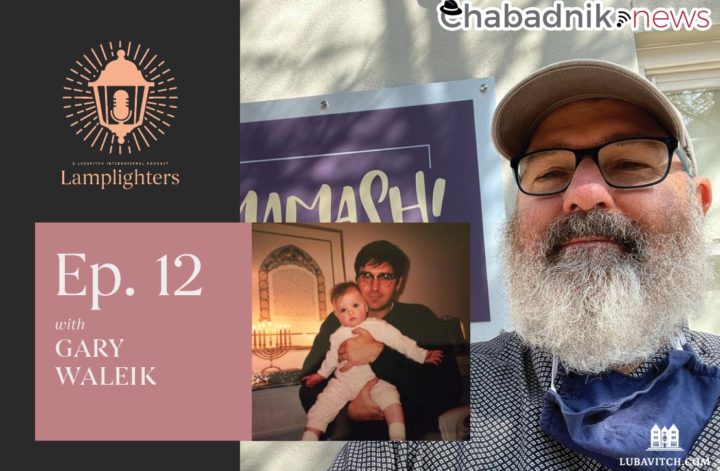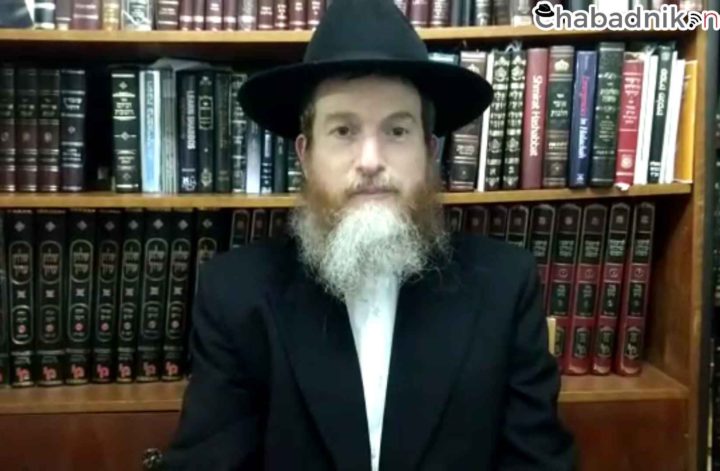On Sept. 3, 1964, shortly after announcing his intention to run for a U.S. Senate seat from New York, Robert F. Kennedy resigned as Attorney General of the United States. Later that month, Kennedy headed to 770 Eastern Parkway in the Crown Heights neighborhood of Brooklyn, N.Y., to meet with the Rebbe—Rabbi Menachem M. Schneerson, of righteous memory. Kennedy’s entourage included, among others Democratic Party notables, former U.S. Rep. Franklin D. Roosevelt Jr. and former governor of New York Averell Harriman.
Far from being a mere photo op for Kennedy’s campaign, a substantive conversation was held, with the Rebbe advocating for the educational needs of the Jewish community and the youth of the country at large. The Rebbe highlighted a recent uptick of urban crime and the alarming delinquency of American youth, particularly the spike in drug abuse, and spoke of the need for a deeper, values-based education to stem the tide.
Noting the financial burden placed upon Jews and others who chose to send their children to religious schools, the Rebbe pressed Kennedy about the government providing financial aid to alleviate the burden on families sending their kids to private and parochial schools
On Sept. 3, 1964, shortly after announcing his intention to run for a U.S. Senate seat from New York, Robert F. Kennedy resigned as Attorney General of the United States. Later that month, Kennedy headed to 770 Eastern Parkway in the Crown Heights neighborhood of Brooklyn, N.Y., to meet with the Rebbe—Rabbi Menachem M. Schneerson, of righteous memory. Kennedy’s entourage included, among others Democratic Party notables, former U.S. Rep. Franklin D. Roosevelt Jr. and former governor of New York Averell Harriman.
Far from being a mere photo op for Kennedy’s campaign, a substantive conversation was held, with the Rebbe advocating for the educational needs of the Jewish community and the youth of the country at large. The Rebbe highlighted a recent uptick of urban crime and the alarming delinquency of American youth, particularly the spike in drug abuse, and spoke of the need for a deeper, values-based education to stem the tide.
Noting the financial burden placed upon Jews and others who chose to send their children to religious schools, the Rebbe pressed Kennedy about the government providing financial aid to alleviate the burden on families sending their kids to private and parochial schools
On Sept. 3, 1964, shortly after announcing his intention to run for a U.S. Senate seat from New York, Robert F. Kennedy resigned as Attorney General of the United States. Later that month, Kennedy headed to 770 Eastern Parkway in the Crown Heights neighborhood of Brooklyn, N.Y., to meet with the Rebbe—Rabbi Menachem M. Schneerson, of righteous memory. Kennedy’s entourage included, among others Democratic Party notables, former U.S. Rep. Franklin D. Roosevelt Jr. and former governor of New York Averell Harriman.
Far from being a mere photo op for Kennedy’s campaign, a substantive conversation was held, with the Rebbe advocating for the educational needs of the Jewish community and the youth of the country at large. The Rebbe highlighted a recent uptick of urban crime and the alarming delinquency of American youth, particularly the spike in drug abuse, and spoke of the need for a deeper, values-based education to stem the tide.
Noting the financial burden placed upon Jews and others who chose to send their children to religious schools, the Rebbe pressed Kennedy about the government providing financial aid to alleviate the burden on families sending their kids to private and parochial schools



